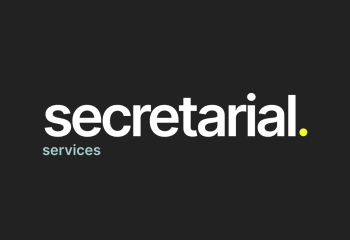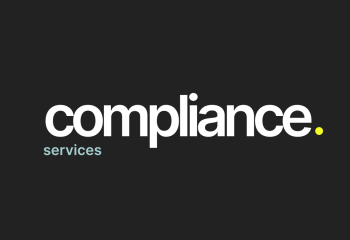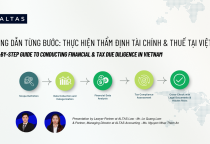DRAFT OF PERSONAL INCOME TAX LAW (AMENDED) – KEY PROPOSED CHANGES
Views: 1875
(2).png)
-
Introduction
The Ministry of Finance has recently submitted to the Government the latest draft of the amended Personal Income Tax (PIT) Law, released on July 17, 2025. This draft seeks to replace the current PIT Law and comprehensively revise the rules on taxable income, tax-exempt income, tax brackets, and calculation methods. It also introduces several new categories of income that will be subject to tax. The objective of the amendment is to create a fairer and more practical tax system, better reflecting actual income levels and reducing difficulties in implementation.
-
Key updates
The current draft of the amended Personal Income Tax (PIT) Law proposes a series of significant changes aimed at modernizing Vietnam’s tax policy and ensuring fairness among different taxpayer groups. One key highlight is the proposed increase of the tax-exempt threshold for inheritance and gift income to 20 million VND per occurrence, up from the current 10 million VND; amounts exceeding this threshold would be subject to a 10% tax rate. This adjustment is designed to reduce the tax burden on small-value transactions and focus tax collection on assets of greater significance.
In the securities sector, the draft considers market feedback and removes the proposal to tax net gains (sale price minus purchase price and allowable expenses), which had been criticized as overly complex and prone to disputes. Instead, the current mechanism is retained, applying a 0.1% tax on the gross transfer value for each transaction, thus simplifying compliance and reducing the documentation burden for taxpayers. In the real estate sector, the proposal to impose a 20% tax on net gains from property transfers has also been withdrawn; the draft maintains the existing method of taxing based on the transfer price, thereby avoiding tax shocks and potential disruption to market liquidity.
The draft further proposes reducing the progressive tax rate schedule from seven brackets to five, with the highest marginal tax rate at approximately 35%, making the system simpler, more predictable, and reducing abrupt bracket jumps. The personal and dependent deductions are also adjusted to better reflect actual living costs, thereby easing the tax burden on salaried employees.
In addition, the draft significantly expands the scope of taxable income to include new categories such as lottery winnings, gifts and inheritances exceeding the tax-free threshold, the transfer of “.vn” domain names, carbon credit certificates, auctioned vehicle license plates, digital assets, and other property rights. This reflects the legislature’s effort to capture newly emerging income sources in the digital economy and ensure tax fairness across both traditional and non-traditional asset classes.
-
Practical considerations
Despite the progressive elements of the draft, several challenges may arise in practice. First, determining purcharemaines and allowable expenses for calculating gains on securities and real estate transactions remains complex and may lead to disputes if standardized databases and supporting documentation are lacking. While raising the exemption threshold for inheritance and gifts will reduce the number of filings, public concerns may still arise if asset values continue to rise over time and the threshold becomes relatively low in the future.
Moreover, expanding the scope of taxable income, especially with respect to digital assets, intellectual property rights, or carbon credit permits, requires significant upgrades to the tax administration system, including IT infrastructure, verification mechanisms, and coordination with trading platforms and intermediaries. Clear and detailed guidance on declarations, supporting documents, and filing procedures will also be critical to avoid confusion for taxpayers and minimize the risk of revenue losses.
-
Conclusion
The draft amended Personal Income Tax Law marks an important milestone in Vietnam’s tax policy reform. With significant adjustments to tax-exempt thresholds, progressive tax brackets, calculation methods, and the scope of taxable income, the draft aims to build a fair and transparent tax system while reducing administrative burdens for both taxpayers and authorities.
How ALTAS Can Assist You:
ALTAS LAW is uniquely positioned to assist your business in navigating these complex administrative reforms. We offer a comprehensive suite of legal and business services designed to provide seamless support during this transition period:
• Accounting and Tax Services: We also offer accounting and tax services to help your business manage the financial implications, including tax planning, tax settlement, tax auditing and tax refund.
• Licensing & Regulatory Compliance: We will meticulously review your existing licenses and permits, advise on necessary amendments or renewals, and guide you through the process of obtaining any new approvals. Our team will also ensure your compliance with all relevant regulatory changes.
Please feel free to reach us via email contact@altas.vn to discuss your specific concerns and explore how we can navigate these reforms successfully.
---
Prepared by:
Senior Legal Associate at ALTAS Law - Pham Uyen Thy
Date: 18/9/2025














(2).png)















